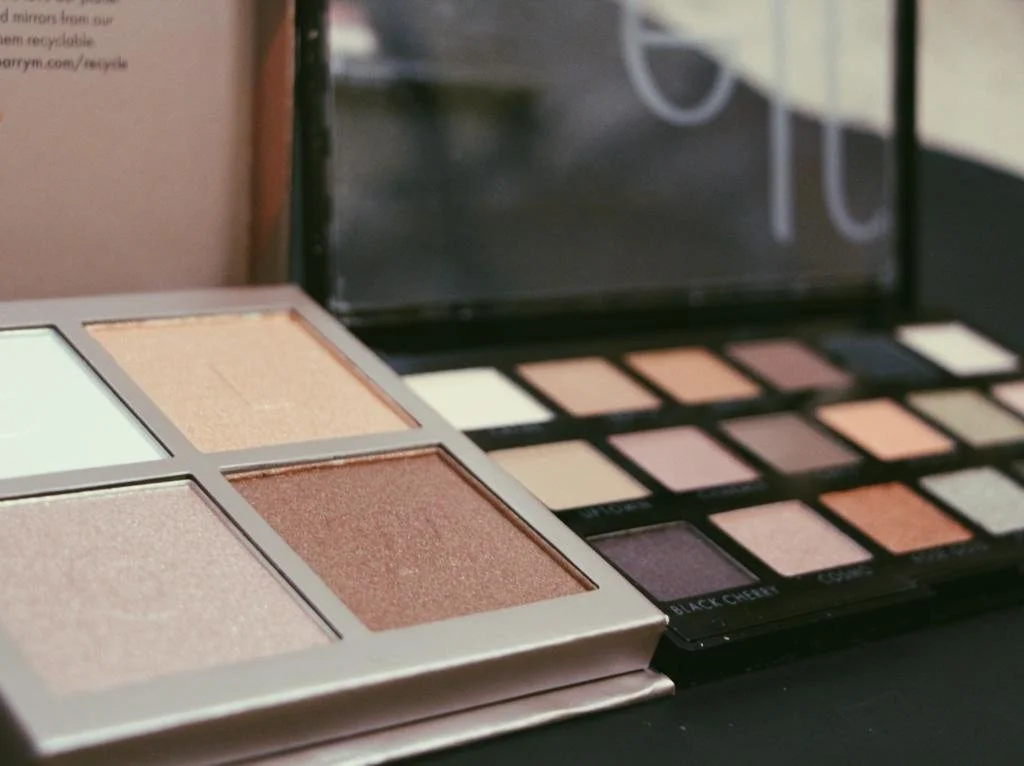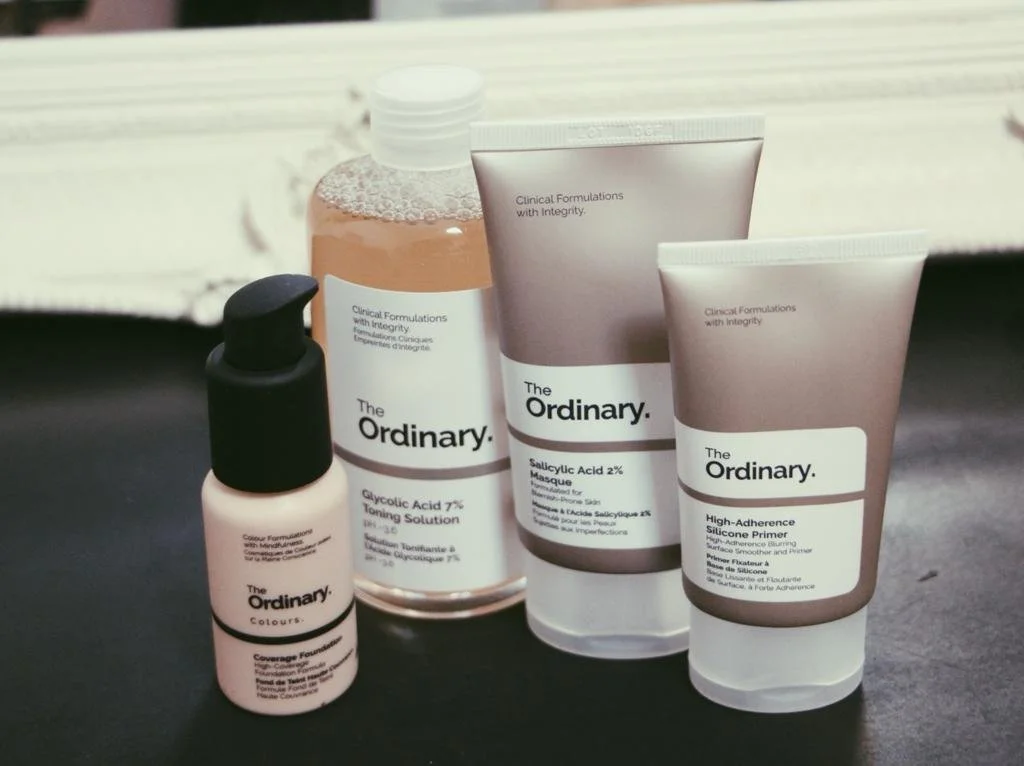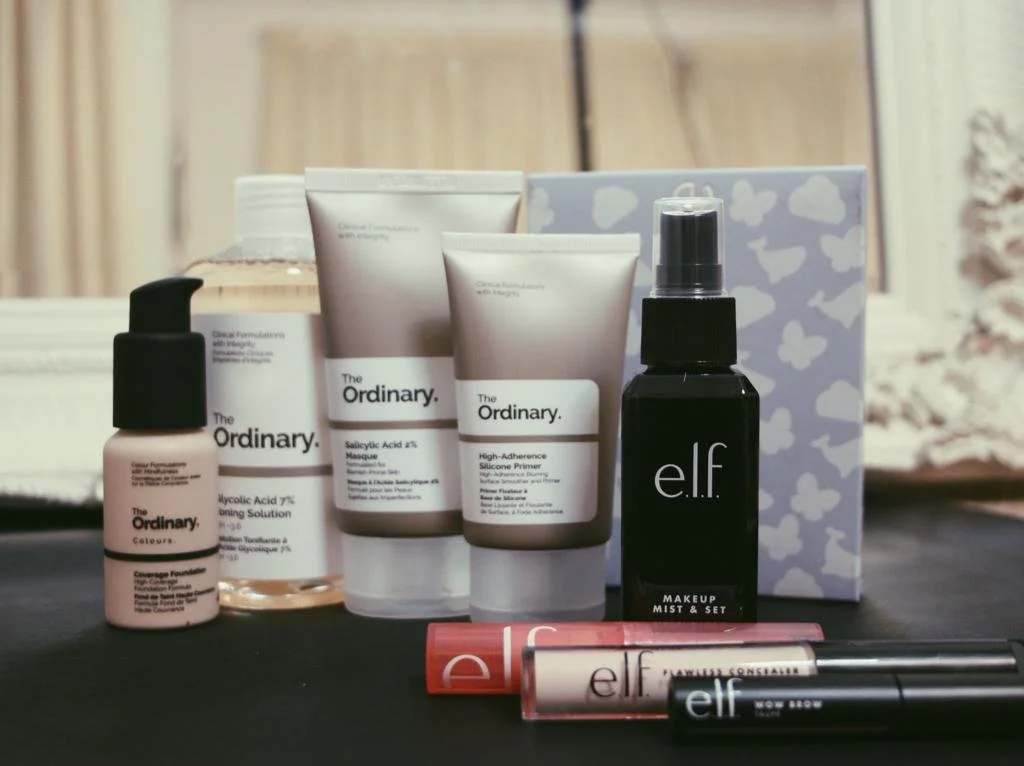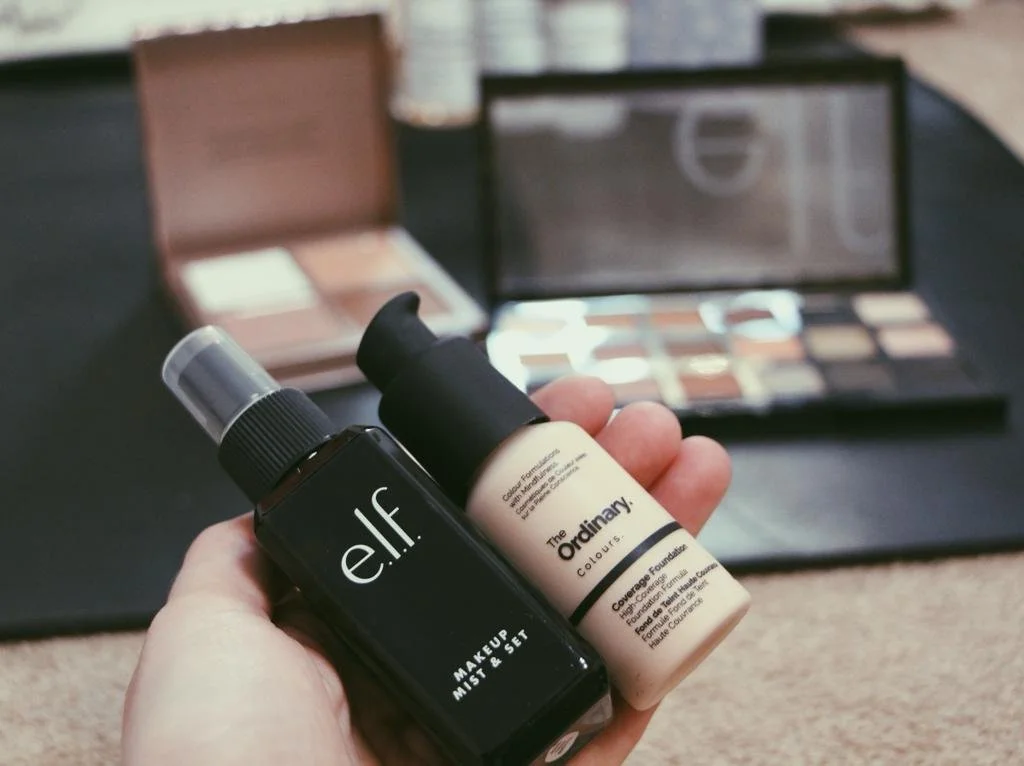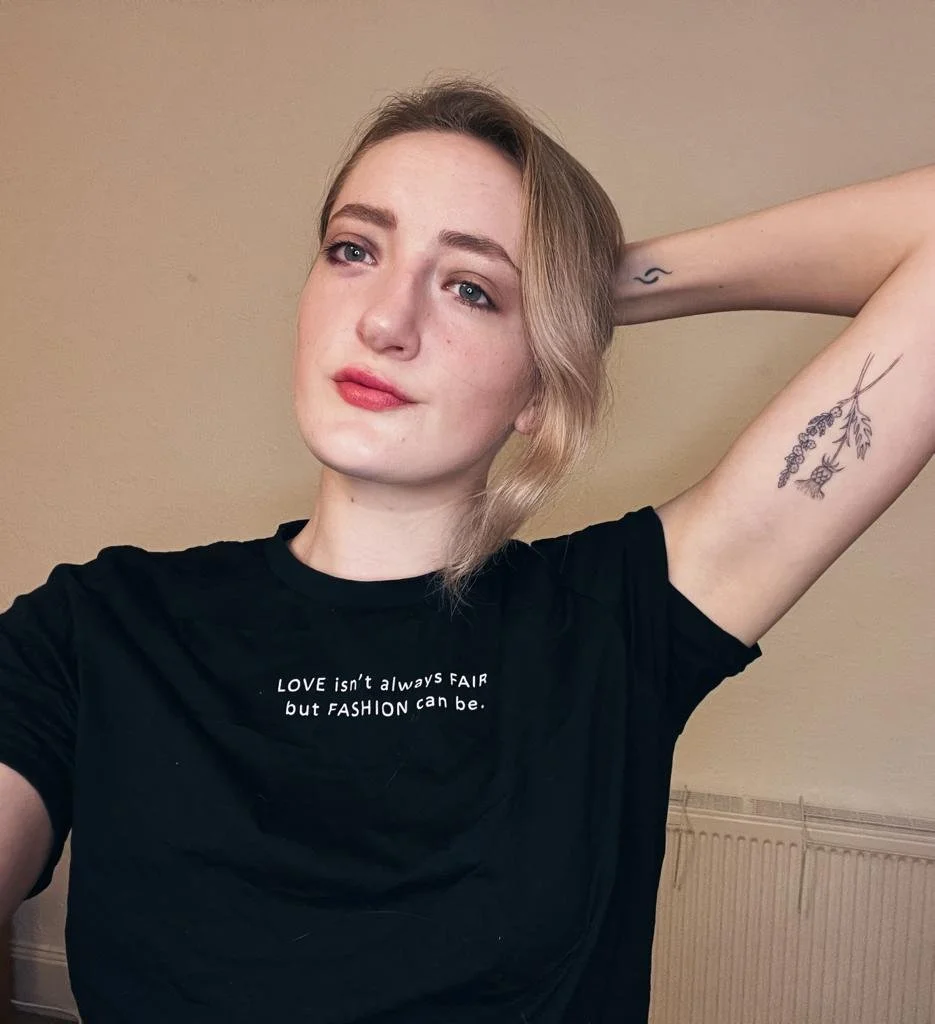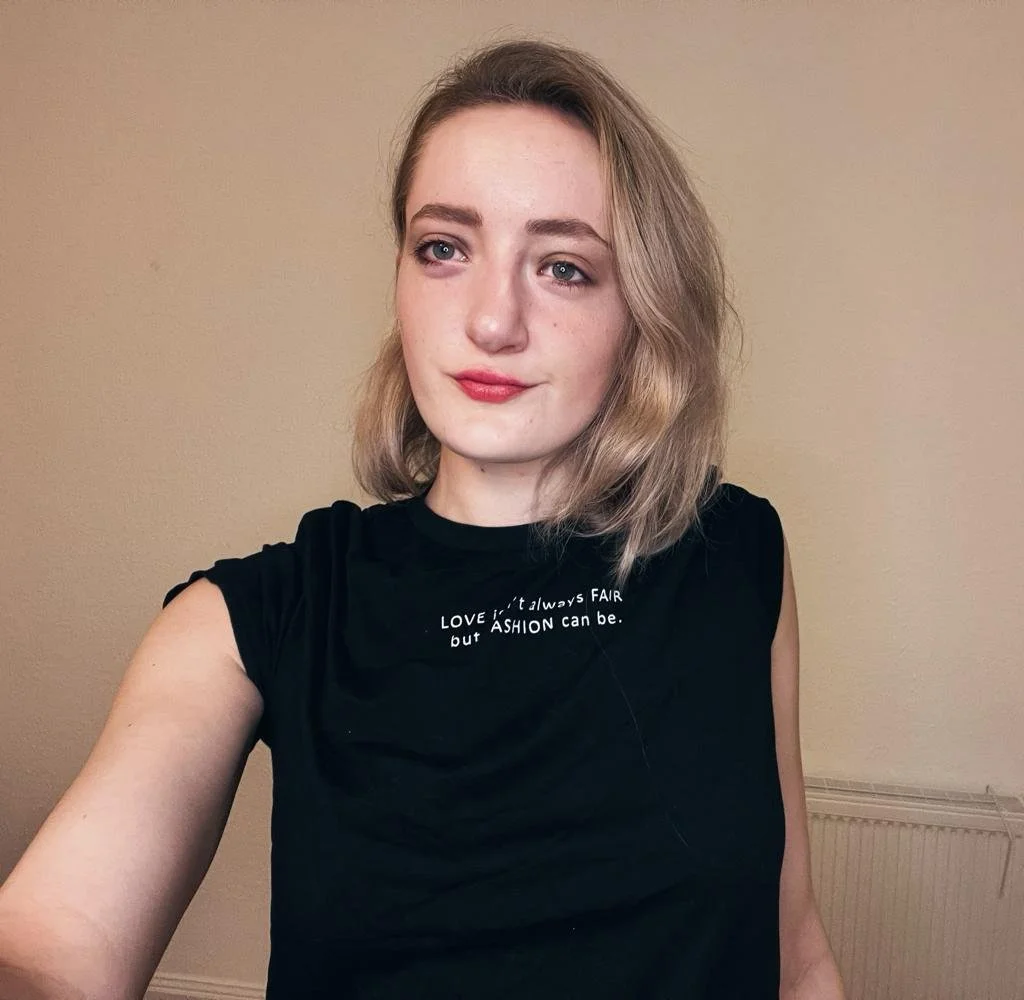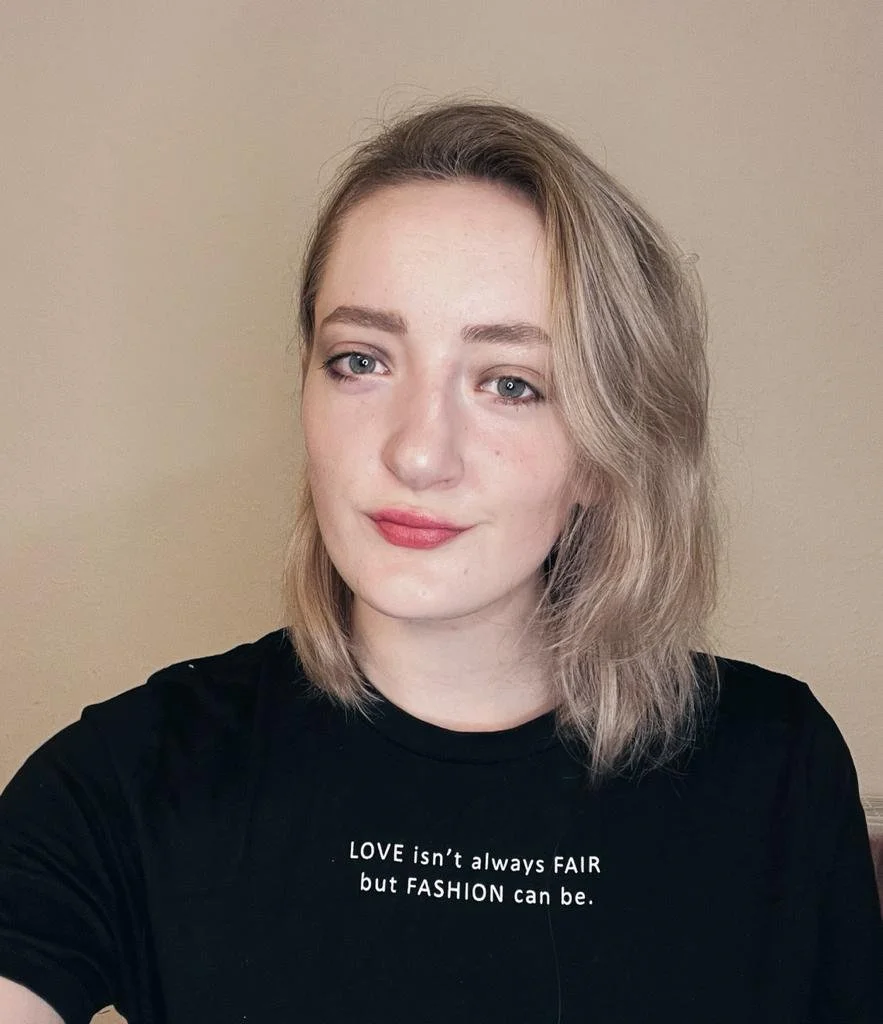Vegan beauty: A curious beginner's guide*
*This content is sponsored by Boots UK, but all thoughts are 100% my own
Half a million people in the UK signed up to Veganuary in 2021, a new record. But when we look beyond our dinner plate and towards our toiletries bag, there is a huge awareness gap. What’s the difference between vegan and cruelty-free? If a product is labelled as being made from natural ingredients, does that make it vegan? Does veganism guarantee sustainable credentials? And what the hell is ‘plant based’? Hopefully, from a curious beginner’s perspective, this post will give you some guidance into the murky world of vegan beauty
What is vegan beauty?
Surprisingly, there is no legal definition of ‘vegan’ for the cosmetics industry. Unsurprisingly, vegan-friendly cosmetics can simply be understood as products that do not contain any animal-derived ingredients, such as gelatine, beeswax, egg whites or honey. They also do not contain animal byproducts, such as hyaluronic acid sourced from cockerel combs (what mad scientist had that idea?).
When it comes to beauty products, ‘vegan’ doesn’t always mean the product is cruelty-free (although many products are both). Unfortunately, lots of mainstream brands still test products and ingredients on animals - make sure to refer to the brilliant Cruelty Free Kitty for much more information about cruelty-free beauty brands. or lookout for the ‘Animal Test-Free’ or the ‘PETA Approved’ logos for accreditation.
Luckily there is now a lot of choice for beauty products that avoid negative impacts on animals. While there are many complex factors that can create barriers to a fully vegan diet (confessions of a pescatarian over here 👋), I think makeup and skincare can be small and easy place to start.
Does vegan = sustainable?
Short answer: No. Being described as vegan doesn’t mean the product is environmentally sustainable or ethically produced. This is similar to ‘vegan fashion’, a term used for clothing, shoes and accessories that don’t contain wool, fur, leather, silk, feathers or exotic skins. In fashion, many of the substitutes for these products end up being made from petrochemicals, which do more harm to the environment and ultimately to animals through microplastic pollution and climate change. Not to mention, cruelty to the humans who make our clothes isn’t factored into the vegan branding. The same can be said for vegan beauty products, many of which aren’t necessarily all-natural and eco-friendly, particularly when it comes to plastic packaging.
It’s also important to note here that the additives in ingredients lists can be hard to understand, and can also change on a fairly regular basis. This means that if you are ever unsure of the vegan credentials of any products, it’s worth reaching out to the brand or retailer. Like with any form of greenwashing, as consumers we have a lot of power by holding brands accountable. Asking the right questions is a great place to start.
Which beauty brands are vegan?
I get pretty overwhelmed at the sheer volume of beauty brands out there, with more popping up each day on my targeted ads on Instagram and TikTok, telling me their product will erase acne scars, reverse ageing, fluff eyebrows or plump lips. This constant barrage of messaging that preys on insecurities is a recipe for thoughtless overconsumption. So beyond the ethical benefits of avoiding animal products, I like the idea of narrowing down my choices in the Boots aisle to keep things a little more streamlined. With that in mind, if you need some pointers on vegan skincare or vegan makeup products, here are the brands that will be a safe bet:
Vegan skincare brands
Boots Ingredients
Botanics
Bybi
Florence by Mills
Glow Hub
Skyn Iceland
Sukin
The Ordinary
Vegan makeup brands
My vegan beauty routine
To start with a PSA, I learn everything I know about beauty from my much more knowledgeable friends, so take my advice with a pinch of salt. That said, I have four key criteria when buying anything beauty related that I think can be helpful:
Affordable - rarely anything over £15 to be honest, because looking pretty doesn’t pay my rent
Wearable - nothing over-the-top that will go to waste; simple, timeless products that work with my skin tone/type and busy schedule
Minimal footprint - avoiding excess packaging and international shipping wherever possible
Good reviews - I don’t care about marketing hype, I just want to know that it does what it says on the tin
For skincare, I start with The Ordinary glycolic acid toner and salicylic acid masque to tackle uneven skin tone. I’ve also been using Florence By Mills spot stickers at night because even in my mid-twenties, I’m prone to regular hormonal breakouts (thanks, PCOS). After moisturising, I always use primer because foundation always seems to melt into my pores otherwise (just me?). The Ordinary’s silicone primer is generally very reliable, and in combination with their high coverage foundation, I’m pretty sorted for a full workday or night out. Also, it’s always tough to find a Celtic-friendly extra pale shade without a yellowish undertone, so I’m a fan.
For makeup, I have been using e.l.f for a long time because it’s just such good value for money. Their flawless concealer is perfect for dark shadows under the eyes, and I’m a big fan of the neutral eyeshadow tones, subtle brow gel and sheer lipstick. The final step is a brush with some BarryM glow beam highlighter and a spritz with the e.l.f makeup mist spray.
Thanks for reading! I would LOVE to hear your recommendations for smaller beauty brands that are vegan, as well as sustainable, refillable and cruelty-free, so I can keep steering my face towards products with a little less impact.

